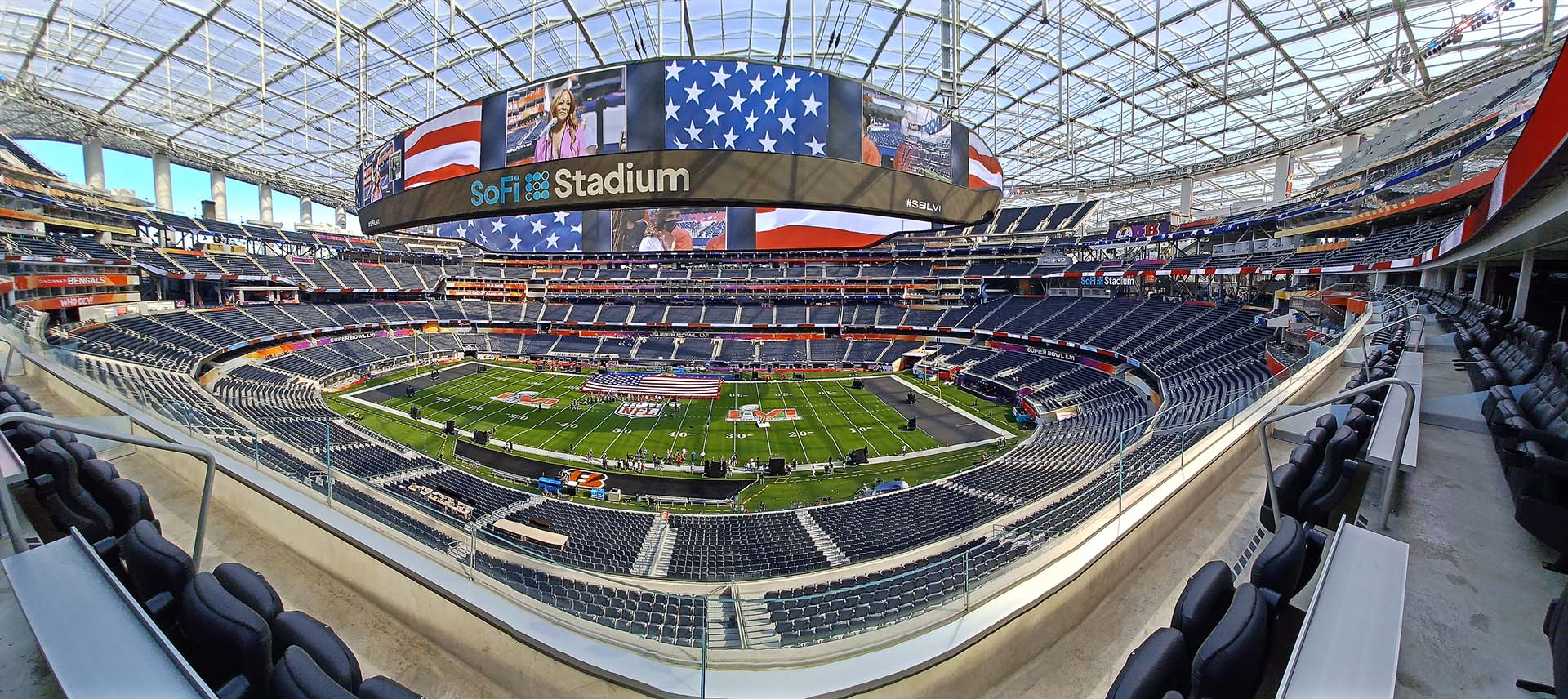Tom Cruise, the American actor who descended from the roof of the Stade de France during the closing ceremony of the 2024 Paris Olympics, knows something about “Mission Impossible.” Yet, this time the impossible mission goes beyond cinema and involves the very city to which the Hollywood star symbolically passed the baton during his Paris show: Los Angeles and its ambition to create a completely “car-free” Olympics. According to the intentions of L.A. Mayor Karen Bass, the LA8 Olympic Games could be remembered for the absence of cars in the sports venues, accessible only by public transportation. «We are already working to create new jobs and increase the public transportation system, so we can have car-free Games», said the mayor at a recent press conference, continuing the promises of former mayor Eric Garcetti, who, in 2017, at the time of the Olympic Games’ assignment to Los Angeles, presented a list of 28 infrastructure plans with a total investment of $42.9 billion, aimed at developing the public transport network.
LA28 Olympics, the “Zero Impact” Recipe
Thinking of reducing the number of cars in a metropolitan area of 4,000 square miles (10,000 square kilometers) seems like an impossible feat. Yet, the project to eliminate vehicles, at least in the areas where the LA28 Olympics will be held, is more than feasible and is based on solid foundations. The first is the introduction of 3,000 new buses, tasked with meeting the transportation demand of both spectators and residents. Added to this solution is perhaps the more complex challenge: strengthening the rail network (subways, trains, and light rail). «LA28 – stated Parker Gordon, spokesperson for the Olympic and Paralympic Games – will be a transit-first Games, where spectators will be encouraged to use public transportation to reach the venues hosting the competitions». To achieve this goal, the 28 projects launched by then-Mayor Eric Garcetti are all in progress. Five of them (including the extension of three subway lines) were completed in 2019, while another 23 are still underway. Among them, the construction of the Metromover, which will connect Los Angeles Airport with the city, and the extension of the Purple D Line and Gold Line, two important subway lines that will serve various parts of the city, from Beverly Hills to Pomona, from Koreatown to Miracle Mile. The dream – at the end of the work – is to offer citizens and visitors a network so extensive that it connects all the main sports facilities hosting the Olympic Games.

The Great Temples of Sport Refurbished for the LA28 Olympics
The 2028 Summer Games will be the third Olympics hosted by Los Angeles, after those in 1932 and 1984, though vastly different from previous editions because, for the first time, the intention of the state and city administration is to refurbish existing facilities without building new ones. In line with the 2020 Agenda of the International Olympic Committee, Los Angeles promises to become the first “zero-construction” Olympics, with major sports venues being renovated and modernized to meet audience needs. The first major facility undergoing significant renovation is the Los Angeles Memorial Coliseum, the city’s iconic stadium, built back in 1923 and the site of the first NFL Super Bowl. The Memorial Coliseum has also been chosen to host the opening ceremony of the Games, welcoming athletes from around the world.
Alongside this, another major venue under renovation is the Galen Center at the University of Southern California, where the current basketball and volleyball courts will be dismantled and prepared to host badminton matches, commonly known as “shuttlecock.” The Convention Center, inaugurated in 1984 and originally dedicated to the press, will be refurbished and used for judo, fencing, wrestling, taekwondo, and table tennis competitions. Many other structures will also be revamped.
Additionally, recently inaugurated stadiums and arenas will serve the LA28 Olympic Games, such as the “Inuit Dome” in Inglewood, designed by Aecom, which currently hosts the Los Angeles Clippers’ NBA games, and the famous SoFi Stadium, which will become the largest venue in history to host swimming competitions.

